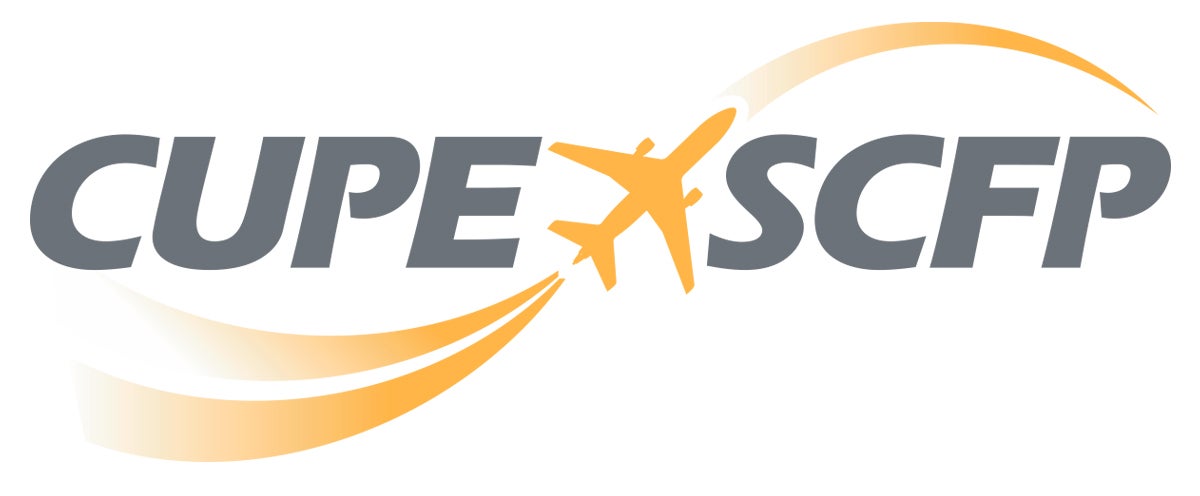Flight attendants were some of the first Canadians exposed to COVID-19 in the workplace
Without proper protective gear or government regulation, they stayed on the frontlines of COVID-19 and risked their health and safety to bring Canadians home during an unprecedented global health crisis.
- Every country where a flight attendant travels manages the virus differently. Whether or not cabin crew are exposed to the virus depends on the policies and practices of each individual destination. This is often a different reality than back home in Canada.
- As COVID-19 began ravaging certain countries, cabin crew were provided equipment based on the Canadian situation and told it was business as usual – even as local conditions and guidelines at destinations were rapidly changing.
- A similar scenario may play out if other countries experience second waves. Our crews need to be protected!
This crisis exposed just how poorly our current regulations and government agencies protect flight attendants
From airport screenings to personal protective equipment, to a worker’s right to refuse unsafe work, we have witnessed regulations and agencies fail us in recent months when we needed them most, resulting in flight attendants and passengers getting infected.
- Passenger screening took too long to implement and is still based on outdated symptoms that can be easily masked with medication, like fever; which are unlikely to be present in the travelling public, like respiratory difficulty; or which often show up later on, like a cough. It is essential for the travelling public and aircrew that public measures like screening are kept up to date as we learn more about the virus. Screening should include common early warning signs of COVID such as severe headache and exhaustion.
- A significant number of infected people are able to spread the illness while they are pre-symptomatic, or may never show the commonly experienced symptoms of COVID-19.
- Regulatory guidance right now recommends cloth face coverings for cabin crew, providing no protective benefit, even though their job places them in close contact with potentially contagious persons from all over the world, and while providing first-responder services onboard.
- Transport Canada has consistently failed to properly oversee critical safety laws. In the worst of cases, government inspectors didn’t even speak to employees who had exercised their legally-protected right to refuse unsafe work as part of their investigation, before issuing decisions of no-danger.
- Government agencies failed to ensure adequate supplies of protective equipment for a pandemic. Now they’re making guidelines and policies based on short-supply – instead of fixing the shortage and giving the workers the equipment they need to be safe.
Flight attendants are in-flight safety personnel first and foremost
Flight attendants do a lot more than hand out meals, sell duty-free and pour coffee. They’re the first line of response when a health emergency or an evacuation happens on-board.
- Cabin crew are trained to – and do – fight onboard fires. Really!
- We’re trained to evacuate an entire aircraft in 90 seconds or less with only half the doors working. In many crashes, survivors credit the flight attendants yelling their commands as the only thing that snapped them out of a daze and guided them to the exit.
- Flight attendants are trained in aviation first aid, and routinely respond to medical emergencies onboard. Severe allergic reactions, overdoses, heart attacks, strokes – you name it. We’re the ones that respond at 20,000 feet.
If flying is unsafe for flight attendants, it’s unsafe for passengers too
Before the industry gets back in the air, the government must act to protect all of us.
- As a rule of thumb, what affects cabin crew affects you as a passenger – whether it’s air quality, the mechanical condition of the aircraft, or workplace hygiene practices.
- Your crew take care of you by providing meals, first aid, guidance and support. They can’t do this safely – for themselves or you – without the proper equipment to prevent the spread!
- Remember, cabin crew know their jobs best. If they don’t feel safe, why should you?
